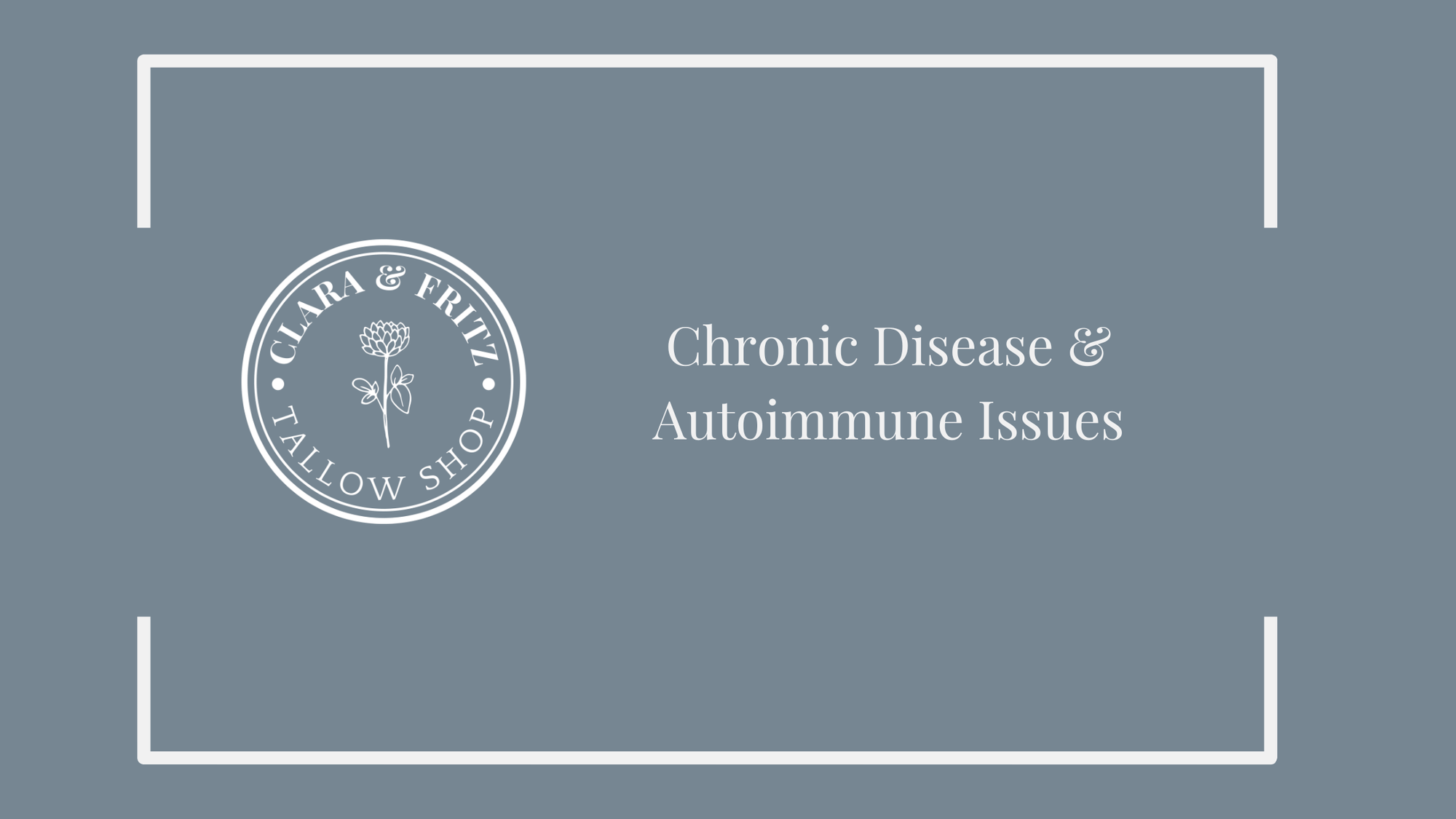Chronic and autoimmune diseases are becoming increasingly prevalent worldwide, with millions of people affected by conditions such as diabetes, multiple sclerosis, lupus, and rheumatoid arthritis. Although these diseases may differ significantly in their symptoms and impacts, they share some common elements, including the fact that they are often mysterious and difficult to predict.
Research suggests that genetics play a critical role in determining an individual's predisposition to develop certain chronic and autoimmune diseases. Many of these conditions are polygenic, meaning that multiple genes contribute to the risk of developing the disease. For example, there are more than 100 genes known to influence the development of type 1 diabetes. Understanding the genetic aspects of these conditions can help guide future research and treatment options.
Recent research has emphasized the importance of the gut microbiome - the vast ecosystem of bacteria, viruses, and fungi that reside in our digestive system. A healthy microbiome is essential for immune system function, and an imbalance in this ecosystem can contribute to the development of autoimmune diseases. Factors such as antibiotic use, diet, and stress can lead to a disrupted gut microbiome, making individuals more susceptible to these conditions.
Hormones are essential for maintaining a range of body functions, including immune system regulation. Studies have shown that hormonal imbalances, particularly involving estrogen and progesterone, can contribute to the development of autoimmune diseases. This might help explain why women are more likely than men to develop these conditions, as they tend to experience more fluctuations in hormone levels throughout their lives.
Stress is a pervasive aspect of modern life and can have wide-ranging impacts on our health. Chronic stress can lead to dysregulation of the immune system, which may increase the risk of developing autoimmune diseases. It is crucial for individuals to manage stress effectively, through techniques such as mindfulness, exercise, and self-care, to reduce the potential impact on their health.
If you are struggling with autoimmune disease consider taking steps to eat healthier, get exercise, and eliminate toxic chemicals from your life.
You may also consider further education on how to fix your body with a course from Conners Clinic.
















